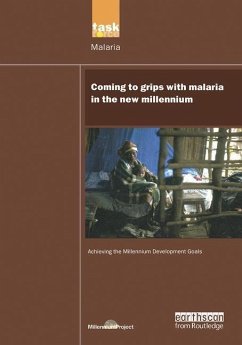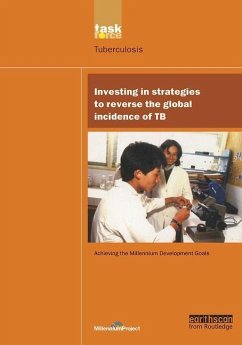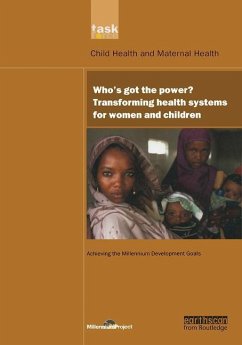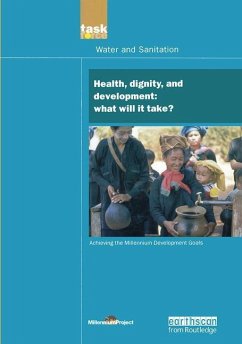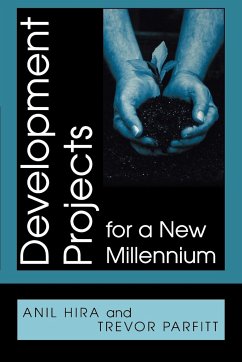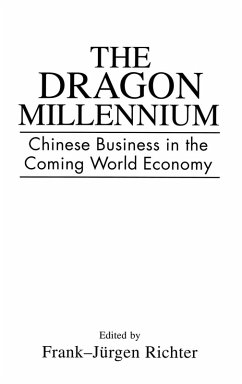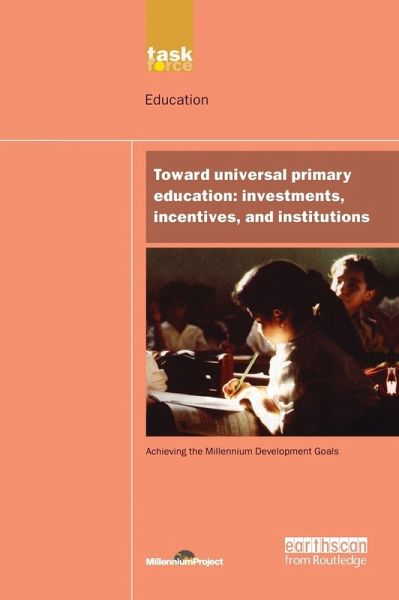
UN Millennium Development Library
Toward Universal Primary Education: Investments, Incentives and Institutions
Versandkostenfrei!
Versandfertig in 1-2 Wochen
225,99 €
inkl. MwSt.

PAYBACK Punkte
113 °P sammeln!
The UN Millennium Project was commissioned by United Nations Secretary-General Kofi Annan to develop a practical plan of action to meet the Millennium Development Goals. This title presents the recommendations of the UN Millennium Project Task Force on Education and Gender Equality.




